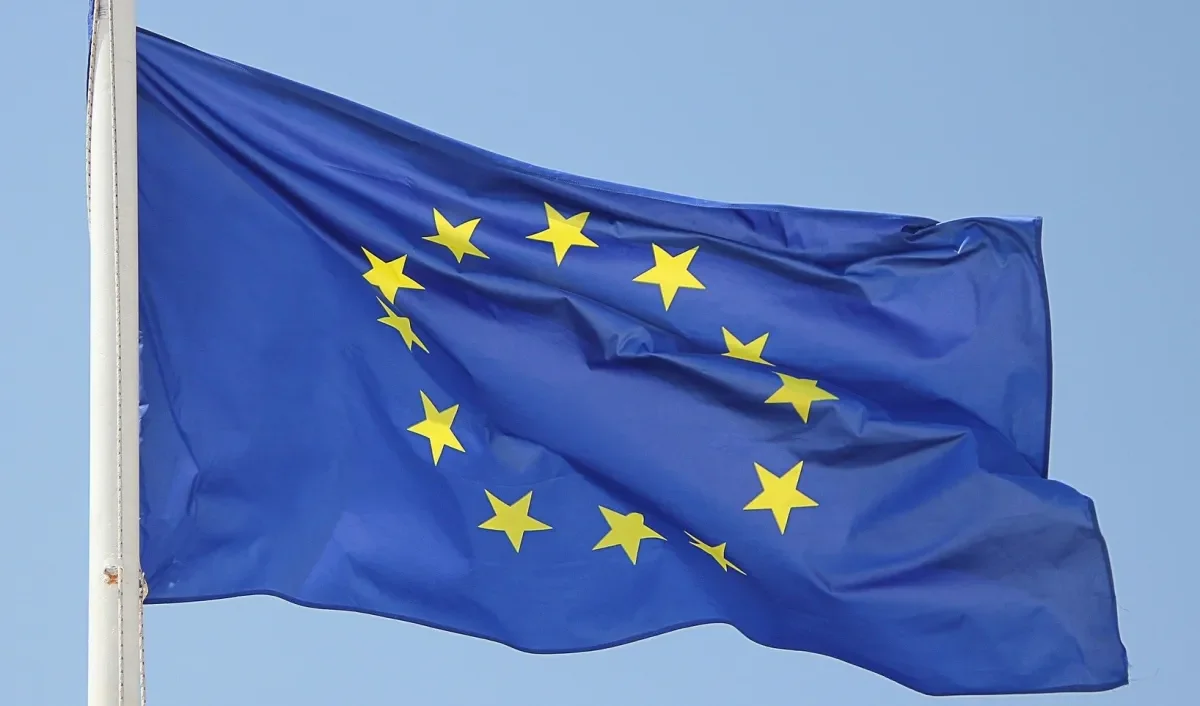

New Report by DCU Brexit Institute's Federico Fabbrini calls for urgent reform of EU
The EU must be reformed in order that it be made more effective and democratic. This is the conclusion of a report authored by Prof. Federico Fabbrini of DCU’s Brexit Institute, on further political integration in the European Union after Brexit.
The report, Possible Avenues for Further Political Integration in Europe: A Political Compact for a More Democratic and Effective Union? was commissioned by the European Parliament Committee on Constitutional Affairs (AFCO).
The study maps the multiple crises that the EU has weathered in the past decade
and explains how these crises, including the recent COVID-19 pandemic, reveal several substantive and institutional weaknesses in the current EU system of governance that need to be addressed through proper reforms. The study looks at both the obstacles and opportunities for reform in the union of 27 member states and advance options to be considered by the nascent Conference on the Future of Europe.
Prof. Federico Fabbrini said
“After Brexit and COVID-19, it is time for the EU to renew itself and relaunch integration. The Conference on the Future of Europe is a unique chance to achieve this goal, possibly through a Political Compact for a more effective and democratic EU.”
Key points and findings
- The study analyses a plurality of crises that the EU has weathered during the last decade including the Euro-crisis, migration and the rule of law crisis and examines also new crises, including the tense debate on enlargement and the new multiannual financial framework.
- It welcomes the Conference on the Future of Europe as a potentially ground-breaking initiative to achieve a more effective and legitimate EU.
- The difficulties of the EU in responding to a dramatic health crisis, with its unprecedented social, political and economic ramifications, has made the convening of the Conference more necessary than ever to tackle the institutional and substantive weaknesses of the current EU constitutional architecture.
- The current EU system of governance is urgently in need of reform
- Intergovernmental modes of decision-making dominate the EU governance system, but institutions such as the European Council and the Eurogroup have struggled to take decisions in a timely, effective and democratic way.
- The EU system of governance also lacks powers to act in areas such as health, or enforcement powers to make sure that member states abide by the common rules and is also not endowed with real own resources to support its spending programs without having to rely on financial transfers from the member states.
- Policy-makers involved in the Conference on the Future of Europe should consider channelling the outcome of their work into a new international treaty, a Political Compact which is subject to less-than-unanimous entry-into force, allowing the EU to move forward beyond the obstacles embedded in the EU treaty revision procedure.
Image by Greg Montani from Pixabay
